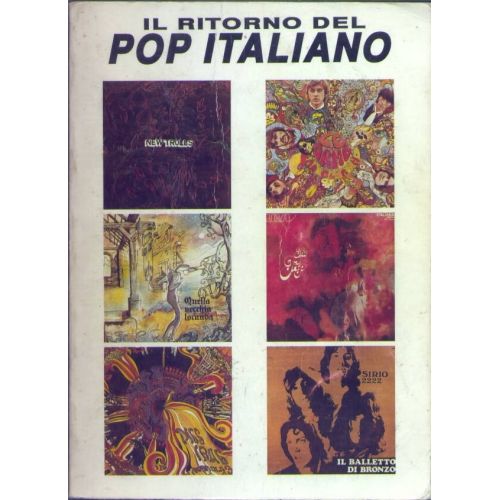If you look at the early to mid-70s pop albums of Bowie, Leo Sayer , Elton John, John Miles, to name just a few you can hear how the mood of the day truly was prog rock and how it influenced the mainstream pop artists of the day in a way that it never did again after the 70s.
And how among the album collections of mainstream music listeners, who made no distinction between prog and non prog (my wife's collection for example, when I met her in 84) could be found Floyd, oldfield, Supertramp and genesis albums alongside Blondie, Dire Straits, Santana, Beatles, Roxy Music, Madness, Fleetwood Mac, Abba, Talking Heads, Bob Marley, to name just a few.
My point is this, that a lot of the albums that you consider prog albums in the mid-70s were viewed by the general public simply as pop or rock albums



 Reply With Quote
Reply With Quote













Bookmarks